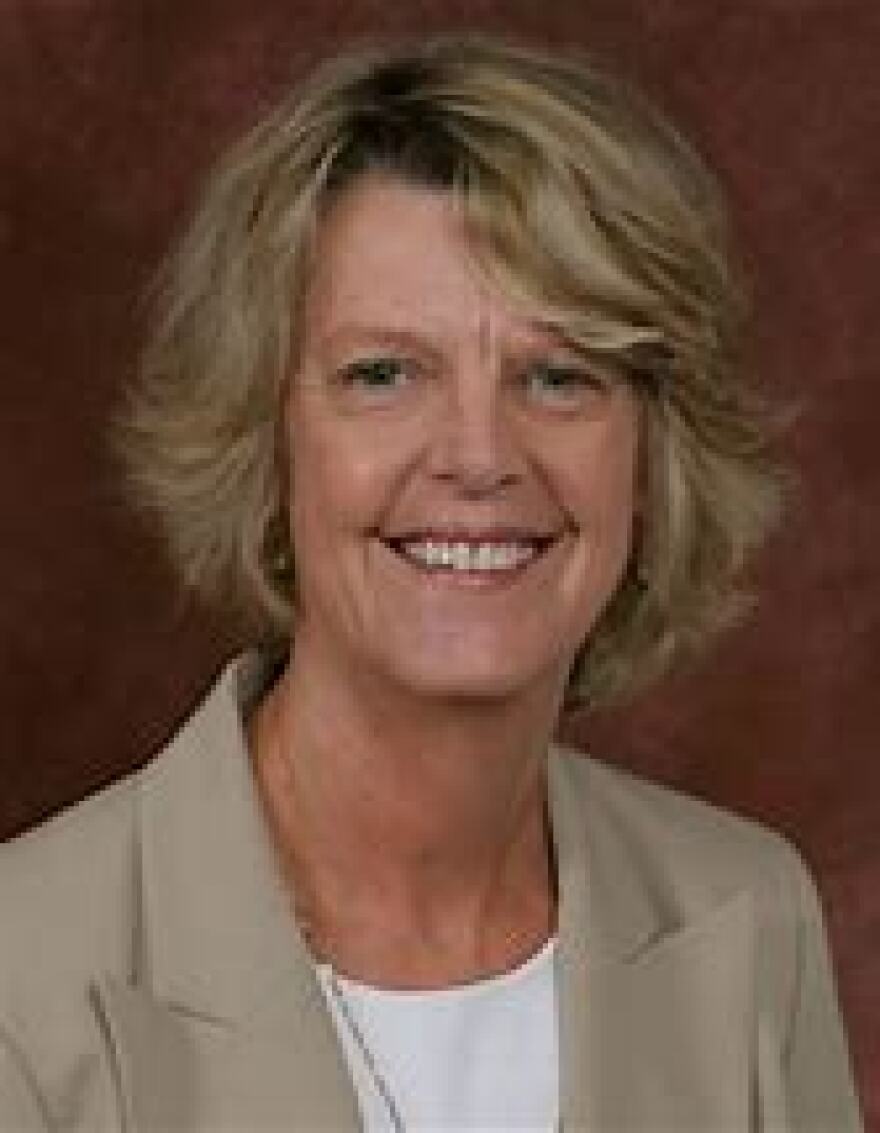While most Florida races were decided on Tuesday, the U.S. Senate contest appears to be heading for a recount. WUWF’s Dave Dunwoody reports it may take several days to resolve.
As of early Wednesday afternoon, unofficial results from the Division of Elections showed Republican Rick Scott and Democratic incumbent Nelson tied at 50 percent each, with Scott holding a razor-thin lead.
“This campaign has been one that’s been very close since the two announced, really. So it’s no surprise that it’s going to come down to the wire; it was totally expected,” said Carol Weissert, a political scientist at Florida State University.
According to data from the Associated Press reported in the New York Times, an estimated 113,000 votes remain to be counted. Heavily Democratic Broward, Duval, and Palm Beach counties are still totaling absentee ballots, with Broward also finishing up the early voting count.
“You’re talking about 30,000 votes out of about eight million people who voted,” said Weissert. “So this is a very close election; recounts seem to follow from a very close election like that.”
Under Florida law, a machine recount is mandatory if the winning candidate’s margin is less than one half of one percent unless the losing candidate doesn’t want one. If the machine recount shows a margin of less than one-fourth of a percent, a hand recount kicks in.
The other high-profile race was close, but over. Republican Ron DeSantis is Florida’s new governor, eking out the win over Democrat Andrew Gillum by about one percentage point. Gillum conceded late Tuesday night, and Weissert says a recount likely was a bridge too far.

“You’re talking about over 50,000, maybe 51,000, compared to 30,000 for Sen. Nelson,” Weissert said. “But I don’t know; I was a little surprised to tell you the truth because it was very close when [Gillum] did give his speech. But I have to think that [the Gillum campaign] had some information that we don’t know about.”
In DeSantis’ case, Weissert – and many others – believe he owes his election to President Trump when many Republicans were certain that Agriculture Commissioner Adam Putnam would be their nominee.
“It’s hard to know how much of that is Donald Trump but I think you have to give him some credit,” said Weissert. “Because he did come to Florida quite a number of times and was very strong for DeSantis. And in a race like this – which is so close – those margins are really important.’
History was made around the nation on Tuesday night. Besides Democrats regaining the House, it was done with perhaps the most diverse slate of candidates ever. But, was there any history made in Florida? Weissert says if Gillum had won, yes but adds the results were just business as usual.
“Florida is really a red state; I’m beginning to think that maybe we’re not purple anymore,” Weissert says. “We have very strong Republican dominance with the Florida House and the Florida Senate; the presidential election we went for Donald Trump. I think that defines a ‘Red State.’
With the mid-terms pretty much over, attention, effort, and work are beginning on the 2020 presidential election. FSU’s Carol Weissert says a lot of good groundwork for that campaign was laid in 2018, especially among younger voters.
“My concern is that there might be a dampening effect; perhaps those who were for Gillum might say, ‘well heck, we’re never going to win,’” said Weissert. “On the other hand, if those groups come back [in 2020] and there’s another energized race – which usually presidential races are – then [2018] will be an important contribution.”
Overall voter turnout for Tuesday’s election was more than 62 percent in Florida, up from 51 percent four years ago and the highest during a midterm election since 1994.

